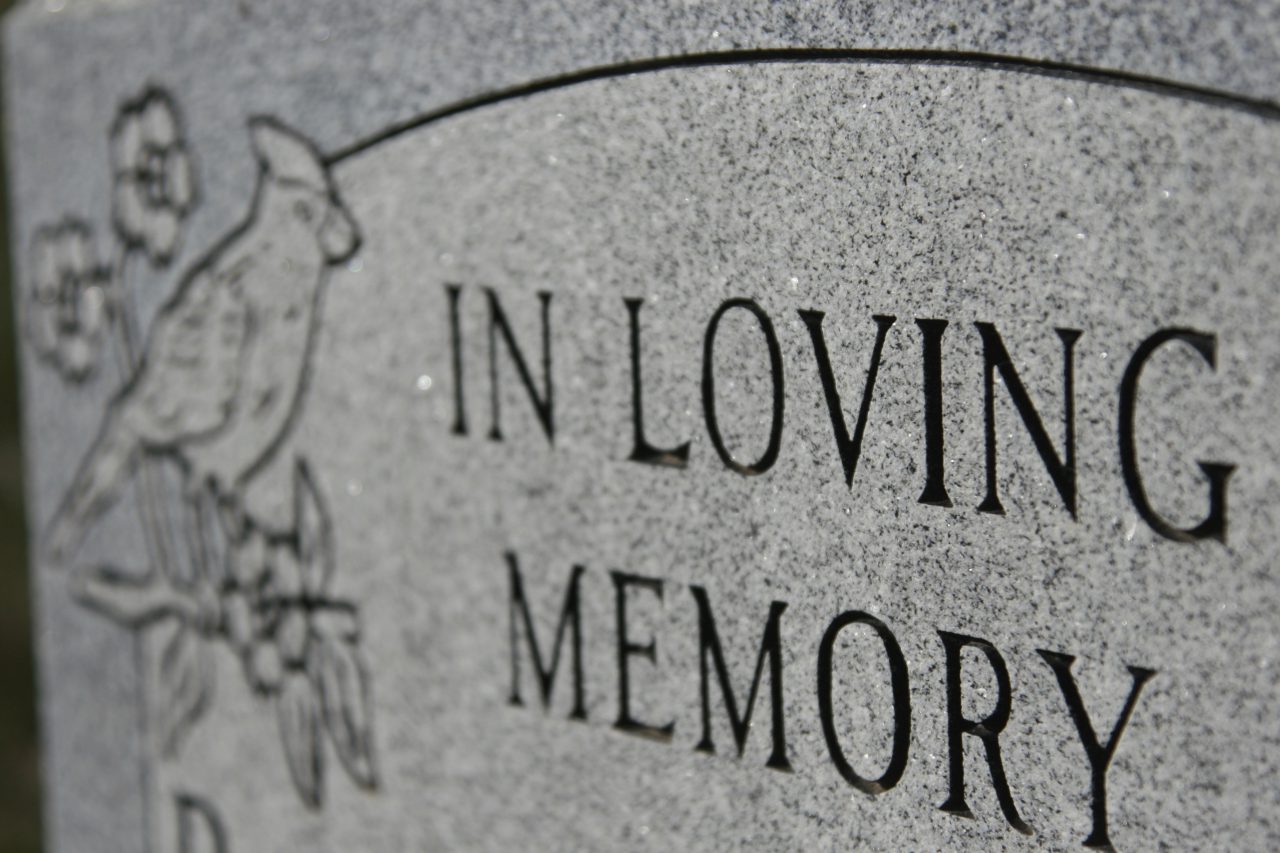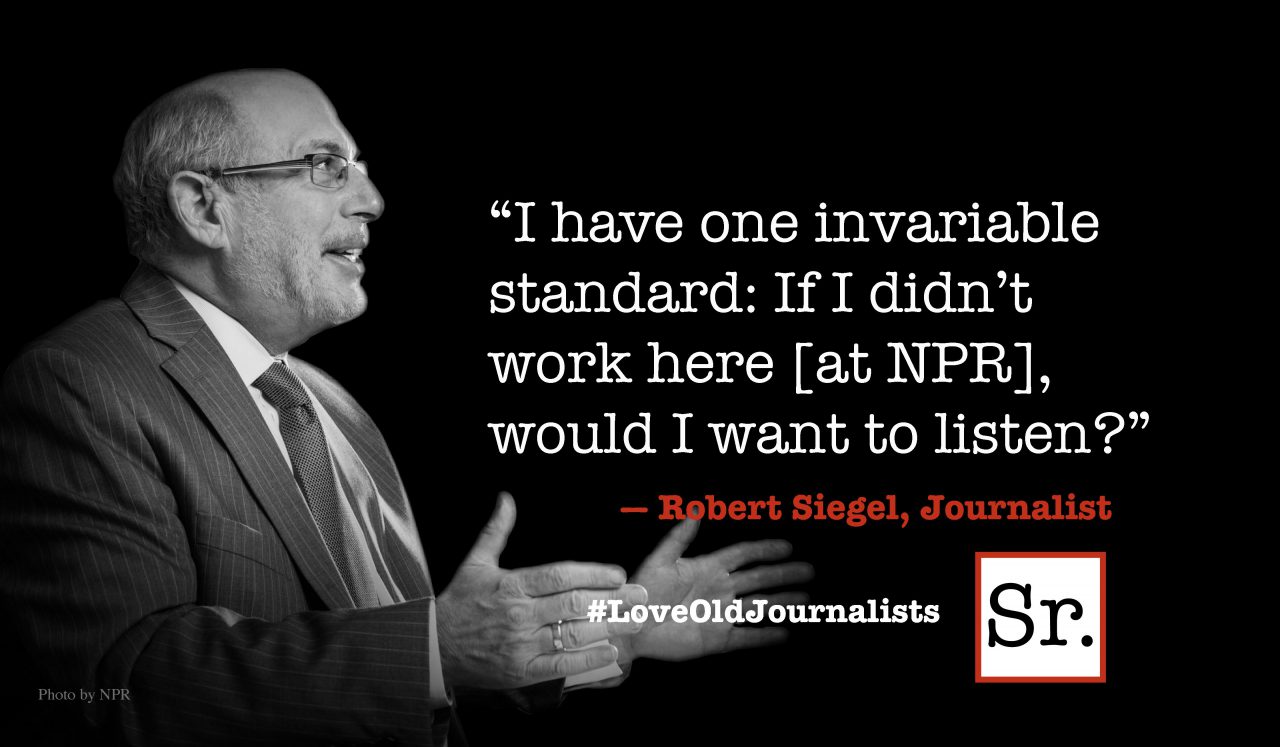I think a lot about death lately.
No, I’m not depressed or suicidal.
I sat with my mother for four days and nights as she died — watching her in her last days, holding her hand, moistening her dry lips, helping my three sisters turn her over, change her diapers, talk and sing to her, and give her meds. I watched as she looked out into the void, her eyes focused on something that only she could see, often registering fear or surprise and very occasionally peace.
After we took turns to ensure that one of us was always with her, day and night, my mother chose to die in the 10 or 15 minutes when she completely alone, as we all were out of the room consoling and chatting with her very dear friend.
A person can’t experience death that personally, that closely, and not be changed by it. So, I’ve been thinking a lot about what happens when we die. Where do we go? Where are we — physiologically, mentally and spiritually — in that in-between stage as we approach death?
My mother’s death set me off on what I can only describe as a “death kick.” I have been overcome with a need to learn more about death, think about it, read about it and talk about it.
I attended one Sunday session of the Death Café, a local gathering of strangers who meet monthly to talk about death. There is no agenda, no program, no leader, and the conversation is free form, as everyone is encouraged to share as they wish. It was a great way to start my journey.
Whenever I am pondering a big idea, I like to read what other people have written on the subject. My mother was cremated, so I read “Smoke Gets in Your Eyes” by Caitlin Doughty, which describes in great and sometimes disturbing detail what happens during cremations, and explores how different cultures have approached death over time. I read various books about hospice, the needs of the dying, and how to talk about death with family members.
And I read the recent best seller “Being Mortal” by Atul Gawande, a compassionate look at dying in our country and how the health care system often prolongs death and suffering. My mother chose not to continue chemotherapy for her lung cancer after three sessions, knowing it would not measurably add to her life expectancy — a decision I thought was very brave and noble.
But what has me most excited lately is an offer from a friend to join her in a new activity that she is calling “Death Over Dinner.” She recently lost both her parents within six months of each other, and we’ve had very emotional, moving conversations about death and how experiencing it closely with a loved one can be transformational.
Death Over Dinner will meet every other month. We’ll talk about death with several other like-minded woman and eventually write our obituaries and plan our funerals. I think it may be this part of my journey that has made a few of my friends shake their heads and cringe.
But to me, it makes perfect sense. Those who know me well know that I’m a planner extraordinaire. I plan my haircuts, doctors appointments, daily activities, vacations, weekly meals, lunches with friends, dog walks and even when to change the home filters. Why wouldn’t I plan the biggest event in my life? The one event, besides birth, that’s guaranteed to every living creature on this planet?
And frankly, if I can’t be at my own funeral, it gives me great comfort to plan an event for my family and friends to attend on my behalf. I can have them play the music I like, read the passages that move me, and even eat the foods I love.
And the obituary is the best part because I get to shape their lasting memory of me. I get to summarize my life, highlight the things that I’m most proud of, and ensure that it’s accurate, well written and reflective of who I am. What a gift to me and the family members who will have to take care of arrangements upon my death. It’s like the crib notes to my life, and I wrote them! What’s not to like about that?
Of course, I’m 55 years old now, and I’m hoping to have the chance to fill in another 30 years of that obituary. But why not start now and keep adding to it? They can edit all they want when I’m gone. But at least I’ve given them the main points.
I know Death Over Dinner will be deep and disturbing and somewhat frightening, but hopefully it will be a little fun, too. At the end of it, I hope to continue thinking about death, at least in a distant, respectful, aware sort of way. But I’ll be at peace because, outside of doing the actual dying, I’ll have detailed instructions for my loved ones to follow.
And part of that will include one heck of a party, with lots of red wine and chocolate and some dancing, featuring one of my favorite country songs, “Live Like You Were Dying.”









